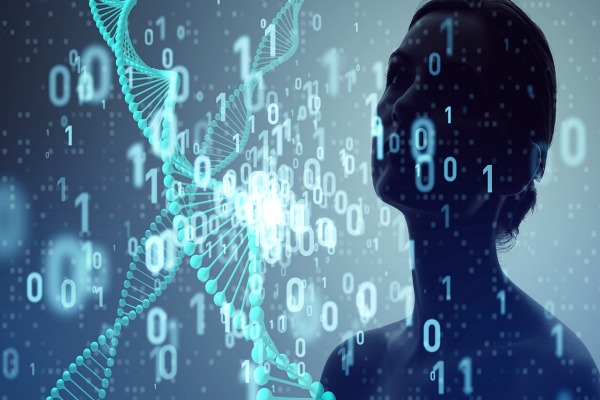
7 Women in Science You Should Know
As we celebrate Women's History Month this March, girls are still being discouraged from STEM fields and less than one-third of all scientific researchers are women. So, it is more important now than ever to acknowledge the powerful women who changed science -- and history -- with their insights.
Marie Curie
Although many know this brilliant chemist's name, far too few know the full extent of her contributions. A trailblazer in radioactivity, she discovered two elements (polonium and radium), invented a mobile X-ray unit, and pioneered cancer treatment. In 1903, her tireless efforts were recognized with a Nobel Prize in Physics. Eight years later she won another in chemistry, making her not only the first woman to win the award but the first person to win twice. Her daughter, Irène Curie-Joliot, also made strides in atomic research and artificial radioactivity.
Ada Lovelace
Many are surprised that this 19th-century scientist is, in fact, the first computer programmer. Though the daughter of the famous Lord Byron, she grew up without him leaving the task of educating her up to her mother. She tried to cultivate young Ada's strong imagination with mathematics. Ada combined these to work on the Analytical Engine, the first-ever digital computer.
Katherine Johnson
A brilliant mathematician, Katherine Johnson's calculations of orbital mechanics were critical in sending the first humans into space. Her computer-like ability to solve equations improved aviation and other areas before helping NASA as it began space exploration. Despite her and other African-American women being segregated into a separate computing unit, she persevered with her work on Project Mercury, the country's first human space program.
Chien-Shiung Wu
In the early 20th Century, physicist Chien-Shiung Wu was the first to ever confirm Fermi's theory of radioactive beta decay. But she is perhaps most renowned for the "Wu experiment," which disproved one of the basic laws of physics, known as the conservation of parity. In 1973, she became the first woman to lead the American Physical Society and several years later won the National Medal of Science. Her male colleagues were awarded the Nobel Prize while her efforts were sidelined. Fortunately, she is starting to receive its due as she was recently commemorated with the 'First Lady of Physics' US postage stamp.
Barbara McClintock
As a botanist, Barbara McClintock revolutionized the field thanks to her decades of studying the genetic makeup of maize. During the 40s and 50s, she showed how genetic traits are carried through generations and even proved some genes could move between chromosomes and inside them. This discovery bucked conventional wisdom at the time and wouldn't be fully appreciated for decades. Starting in the 70s, scientists began to realize the massive implications of her effort. McClintock won the National Medal of Science in 1971 as well as the Nobel Prize in Physiology or Medicine in 1983.
Mary Anning
In 1811, at only 11-years-old, Mary Anning dug out an unusual skeleton from a cliff. She collected a skull and 60 vertebrae before selling them to a private collector. The skeleton was the first complete fossil of a dinosaur and would later be dubbed the Ichthyosaurus. Thus marked the beginning of Anning's storied career in fossil hunting. Despite having little education, she taught herself geology, paleontology, anatomy, and more. Over the years, she uncovered a pterodactyl, plesiosaurs, and hundreds if not thousands of other valuable fossils. Thanks to her, scientists learned invaluable information about marine life 140-200 million years ago.
Jennifer Doudna
In recent years, the gene-editing tool CRISPR made headlines for its potential in fighting disease and creating antibiotics. Yet few know Jennifer Doudna is one of the brains behind this amazing technology. CRISPR is not only potentially groundbreaking for biology but for the entire human race. Doudna's career is one of the most exciting of today's scientists.
These are only a handful of the countless women who made enormous strides in their professions. Their impressive work, although often undervalued, helped our understanding of the world around us. This shows how important it is to fight for equity in science because when women win, we all win.